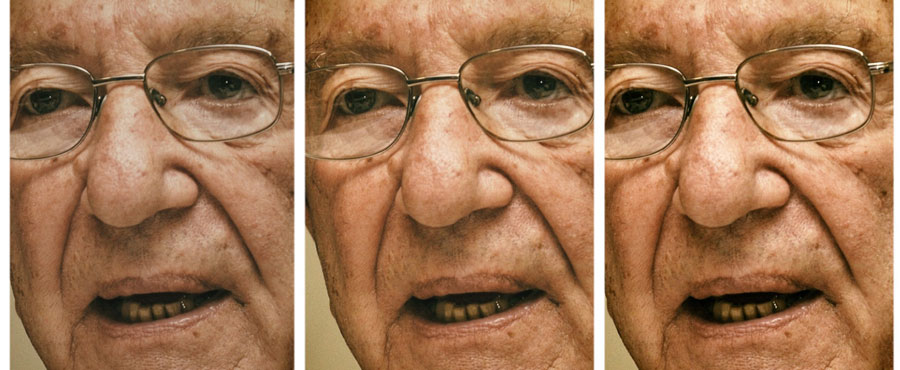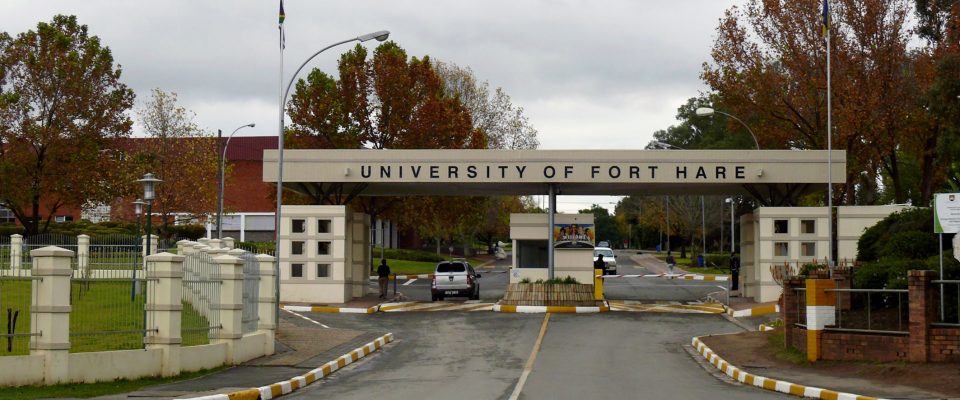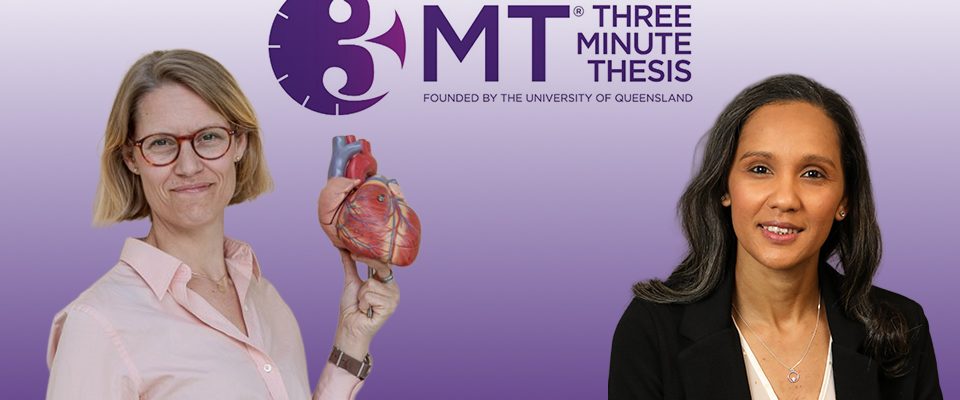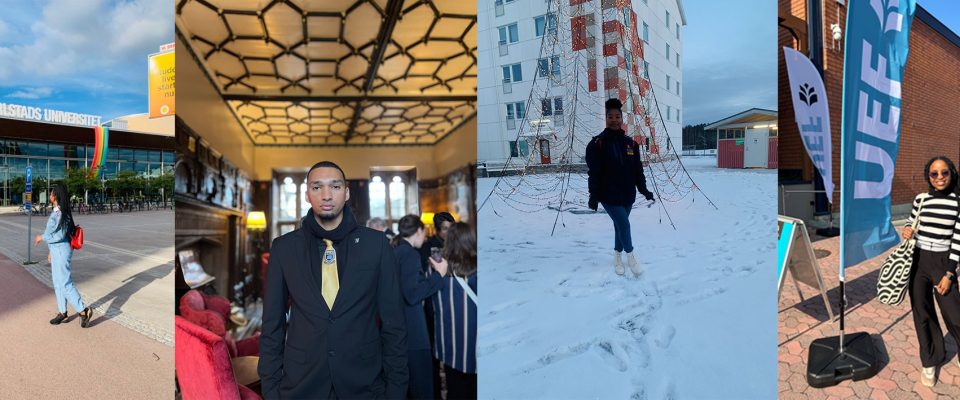
Ben Turok’s legacy to be marked at upcoming inaugural memorial lecture
Amid the chaos left in the wake of recent local government elections, we are reminded of the words of the late former MP Ben Turok who warned shortly before his death of a dangerous disconnect in the minds of ANC representatives who have taken an oath of office.
He reminded us that they have to swear an oath of allegiance to the Constitution, as well as one to the party, and said there may be conflict between the two. In an article published in the Financial Times, he argued that the problem was rooted in the issue of accountability. He asked: Are political representatives ultimately responsible to their party, or does their loyalty lie with their constituents?
Turok asked what does an ordinary MP or MPL do — and the same must be asked of councillors — if the party holds a view that is contrary to clauses in the Constitution or legislation. Indeed, where must their loyalty lie if they find themselves at odds with some major issue in the public domain?
He concluded that the problem lies in the election process itself, specifically in how representatives are held accountable on a daily basis by the leadership of the party.
Prof Turok had expressed qualified support for the party list selection process. He wrote: “While there may be manipulation during the process, it remains largely representative of grassroots choices.”
The problem emerges, however, after the elections when representatives are sworn in. He wrote that at that point “a totally different mindset is established, namely party discipline is imposed and the individual’s loyalties to the original grassroots structures is displaced by a stringent loyalty to the party Chief Whip and Caucus”.
Turok was referring in the main to national Members of Parliament when he raised his concerns about what he called “this shift in commitment”. However, his words ring true today as parties stake their claim to seats in local councils.
He called for a change in the way in which parties select their representatives “and how they should conduct their affairs after election”.
“We live in large conurbations where it is extremely difficult to remain close to ordinary people. So political parties take over and individual politicians have to take decisions on behalf of others. It is less than satisfactory. We should always be open to improvements.”
Turok would probably have had much to say as the current party negotiation process unfolds. South Africa needs his voice, and that of more like him, now more than ever.
The Institute for African Alternatives (IFAA), which was founded by Turok more than 30 years ago, will on 30 November mark the anniversary of his death by hosting the inaugural Ben Turok Memorial Lecture. The hybrid event has been organised jointly with the University of the Western Cape’s Institute for Social Development and International Relations Office.
Appropriately, the in-person event will be held at Cape Town’s Community House, long a centre of political activism and trade unionism, where IFAA has its offices.
It is intended as a tribute to an unrelenting critic of abuse of power and all forms of discrimination and is also aimed at keeping alive a political legacy based on economic justice, socioeconomic rights, redistribution and political transformation.
The late Prof Turok, who died on 9 December 2019, will be remembered for the many roles he played during his 70 years of political activism — as an underground cadre, a treason trialist, a trade unionist, a saboteur, a political prisoner, an exile, a Member of Parliament, an astute academic and, most of all, an independent thinker who regularly spoke truth to power.
The guest speaker will be renowned South Korean-born Prof Ha-Joon Chang, now based at Cambridge University’s Faculty of Economics, who is internationally known for challenging the central orthodoxies of development economics. Prof Chang, who had a personal relationship with Prof Turok and visited South Africa several times, shares a propensity to take on the academic establishment, forcing it to examine its intellectual assumptions.
This event will be a fitting tribute to the man South Africans, and many outside this country, will always remember as a champion of the marginalised and impoverished majority and an unrelenting critic of the inequality and injustice that continues to be embedded in the status quo.
Turok is remembered as the only MP in his party who broke ranks with the ANC by refusing to vote with it on the infamous Secrecy Bill. He paid the price for his independent mindedness; only once in his four-term parliamentary career was he appointed chairperson of a committee — the Ethics Committee — where he ruffled party feathers by finding one of his own party members, former Communications Minister Dina Pule, guilty of gross misconduct.
Vociferous, challenging, sometimes combative, even perhaps cantankerous, he was born into that tradition, in a fiercely political home. In his autobiography he describes a childhood full of argument and debate. He was shaped by his early direct experience of poverty. From a working-class family in the Jewish ghetto of Latvia, he recounted in his autobiography living in a single unheated room. “We bathed once a week in a tub of hot water heated on an open fire. We ate sparely, the treat of the week being the cake crumbs purchased from the local cake shop.”
His persistent abhorrence of racism and oppression probably emerged from his early personal encounters with fascism and anti-Semitism. He wrote about being stoned by boys taunting him, calling “Jude! Jude!” (Jew! Jew!). His family was among the Jews who fled discrimination, violence and poverty in Russia, and who turned up in South Africa where their own experiences drove them into anti-racist and anti-fascist activism, able to identify with South Africa’s poorest of the poor.
Turok’s rooted rebelliousness laid the foundation for a lifetime of protest and underground resistance. He was among those arrested and in the dock for the infamous Treason Trial. He had been a full-time organiser of the 1955 Congress of the People and was one of the authors of the economic clauses of the Freedom Charter. A few years later, he was imprisoned for contravening the Explosives Act after a sabotage attempt, and on his release escaped house arrest by fleeing on foot to Botswana, from where he moved first to Tanzania and then to London.
He lived through some of the most turbulent moments in the nation’s history, and it didn’t end on his return to post-apartheid South Africa. Ongoing injustice continued to rattle him.
In his much later years he would often talk about the informal settlement of Masiphumelele, located not far from his Noordhoek home. He was deeply troubled by the awful contradiction of well-off (mostly) white people situated alongside an abjectly poor black community. That such an injustice could still be found after more than 25 years of democratic government was, to Ben, appalling, unacceptable, incomprehensible.
He never accepted this remnant of apartheid, or any other infringement of human rights, and fought for the South Africa he believed in until the end of a long and extraordinary life. For that, this country and its people thank him, and will always remember him.
Moira Levy is Production Editor of the Institute for African Alternatives.
The webinar is open to the public. It will be held Tuesday, 30 November 2021, 5pm to 7.30pm. The topic is ‘Structural Transformation and Sustainability: Changing Role of the State in Developing Countries’.
The event has been made possible by the generous support of the Rosa Luxemburg Foundation.
This article was first published on Daily Maverick.






